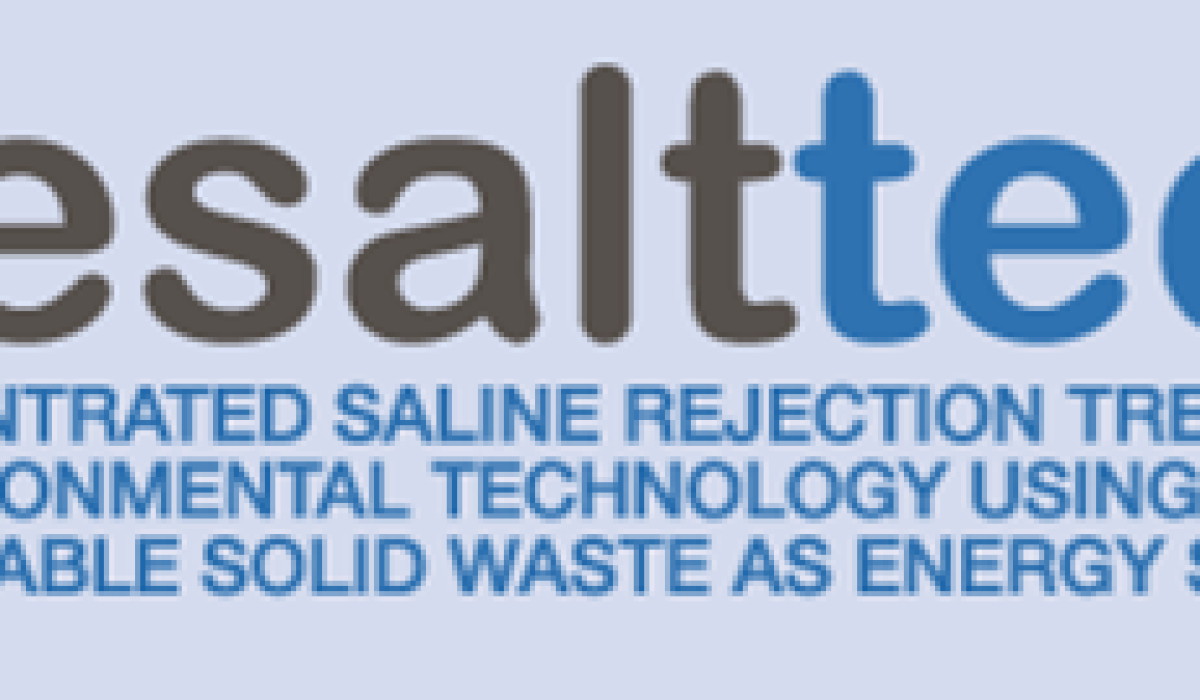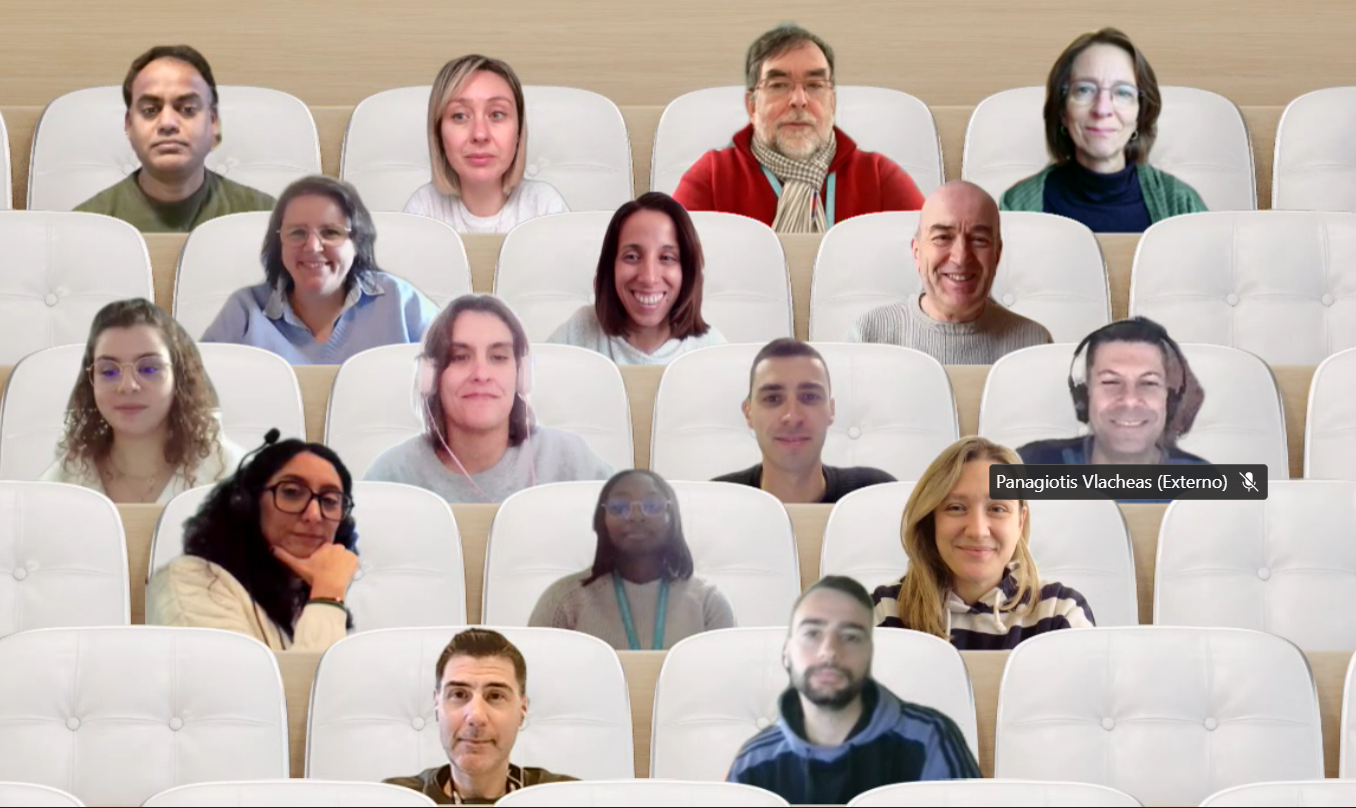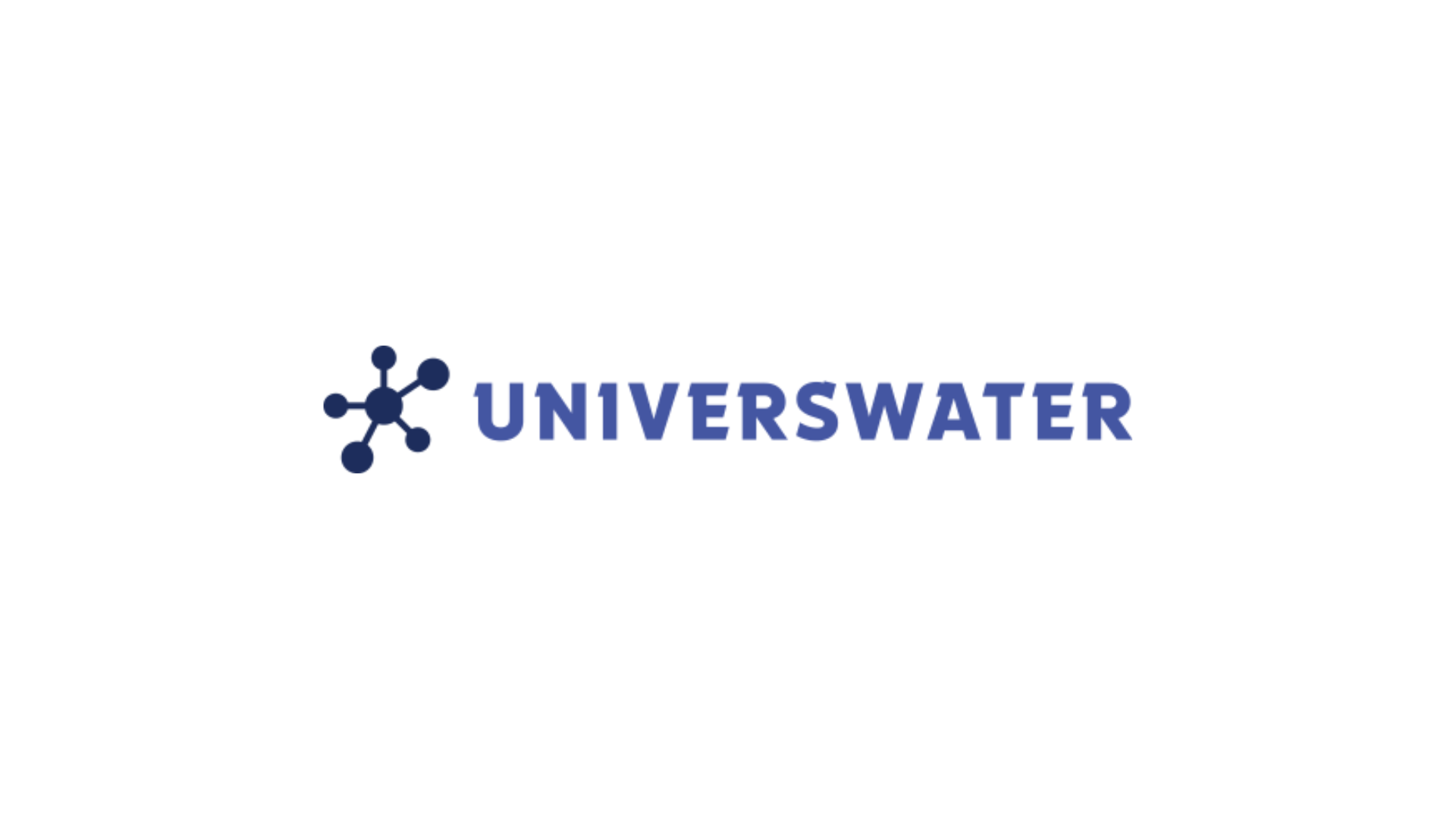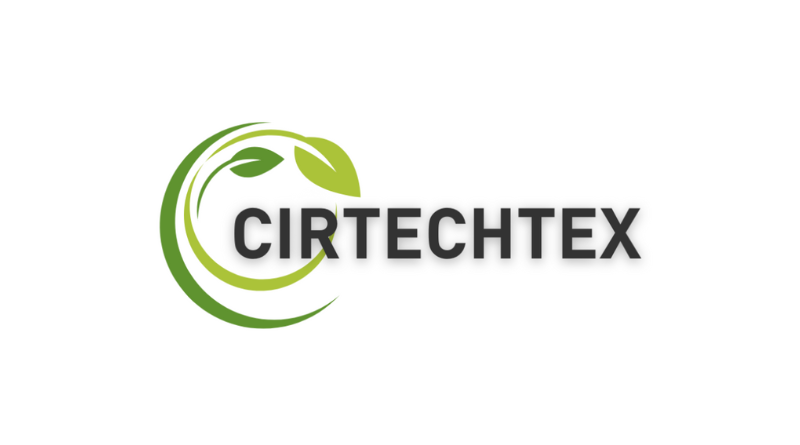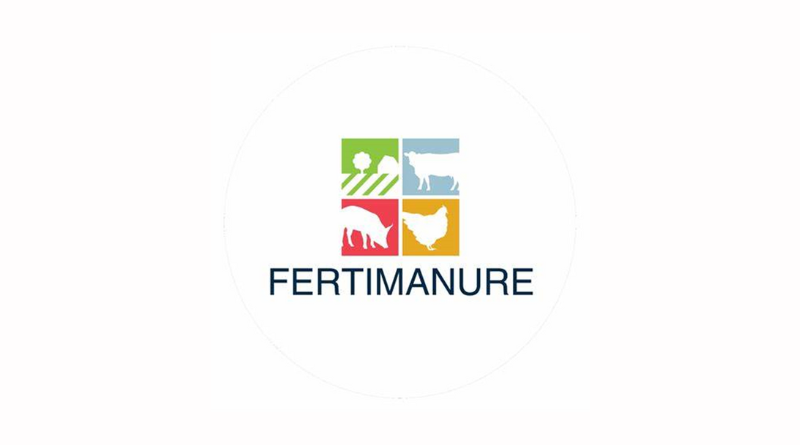RESALTECH
Concentrated Saline Rejection Treatment: Environmental Technology Using a non-profitable Solid Waste as Energy Source
ABSTRACT
The paper industry generates solid waste and residual effluents that have a significant impact on the environment. It is also the second biggest water consumer in Spain, representing 16.3% of total industrial water consumption. Recycling of water is difficult because of the salinity of the outgoing water effluents, which affect the quality of the paper. Technologies and tertiary treatments can remove these salts from the effluents and provide regenerated water that can be recycled into the process. Difficulties arise, however, in managing the concentrated saline effluent, which present high costs of disposal.
The project aimed to improve the environmental performance of the paper industry in the areas of recycling water cycle and waste management. It would achieve this aim by designing and constructing a new closed-loop water system prototype for the sector. The system would be designed to fulfil the following objectives:
- Conversion of the residual flow (brine) into a by-product. As a recovered product, the salt could be reused in other applications such as tanneries;
- Energy production: this technology uses solid waste generated by the process as an energy source. A gas treatment system will supply energy to the equipment of the prototype and is expected to generate 5-7 MW;
- Reduction of water consumption through the reuse of water in the paper production process; and
- Demonstration of a new technology that is transferable to other industrial sectors.
The RESALTTECH project developed a pilot plant facility in the UIPSA facilities located in Pobla de Claramunt (Barcelona), Spain. This plant offers a solution to the problems of water stress, the difficulty of treating wastewater with a high saline content and the increasing costs of waste disposal. Furthermore, the recovered water is suitable for use in paper production.
The project attempted to treat the waste water effluent from the wastewater treatment plant with an osmosis system. This system uses clean water in the production while the brine is dried with a thermal plant that incinerates the wastes from the mill. The initial and promising use of the gasification technology proved not to be technically viable. The final outputs are the salt and the ashes, which are inert. Although the salt obtained did not prove reusable by the tanning industry, it could be used in other applications, such as road de-icing. If a viable way to harness these products can be found, a zero waste system could be obtained.
While treating water is widespread, combining the water module with a solution using the produced brine represents a real innovation. Moreover, an added value of the RESALTTECH system is that it uses energy obtained by valorising a banal solid residue produced by improper materials contained in the raw material. The system thus provides an energetically sustainable solution.
The project initially carried out tests to determine the most appropriate tertiary treatment. These indicated that the best technology for this process was the reverse osmosis, which allows 72% of the water to be recovered. Moreover, the effluent from this tertiary treatment has higher quality, due to its low salinity, than the current fresh water used for paper production. However, pre-treatment of the waste (separation and grinding) is essential for the stability of the process.
Project Budget: 2’028’302 €
LEITAT Budget: 283’455 €
Financial Framework: LIFE+
Contract number: LIFE 08/ ENV/ 000133
Start Date: 01/01/2010
End Date: 31/12/2012
Partners:
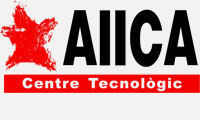

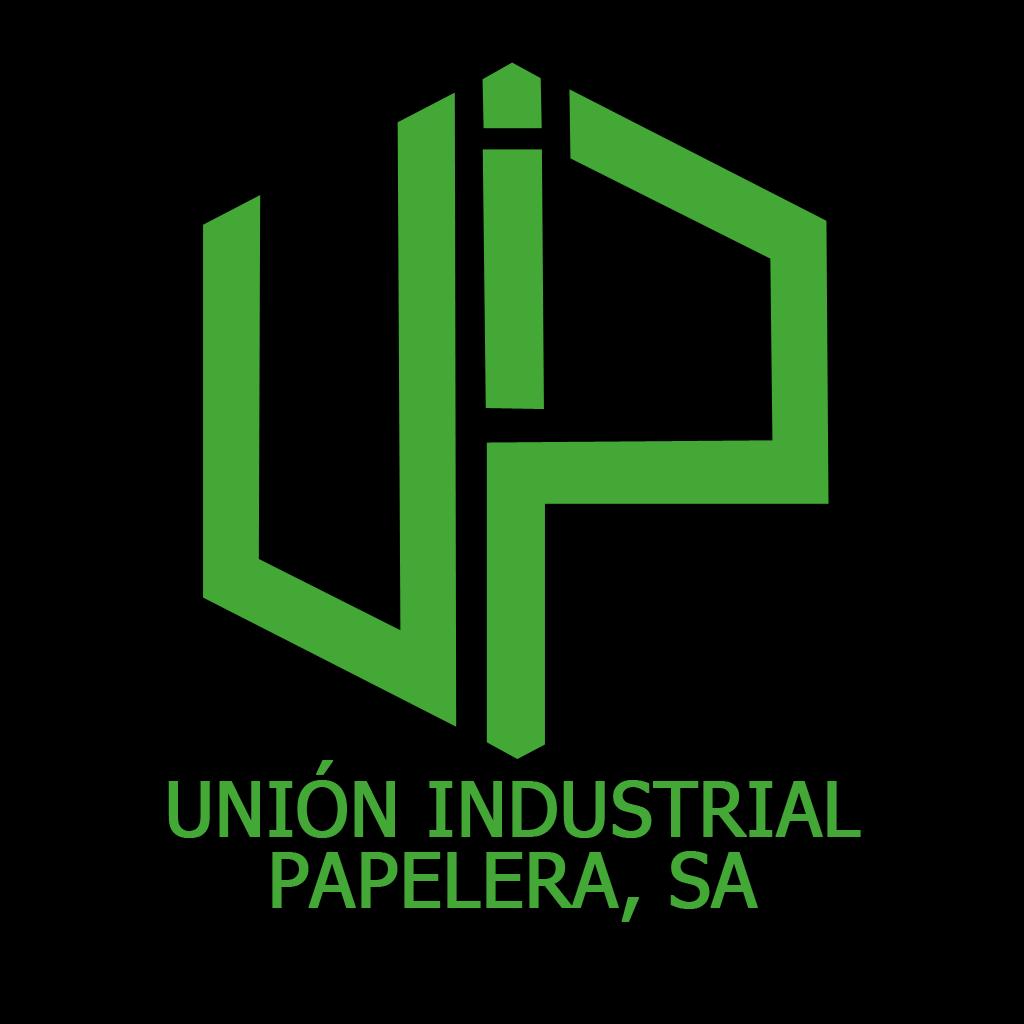
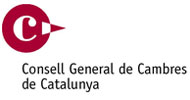

Contact Manager: L. Valentin
